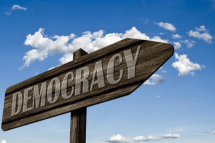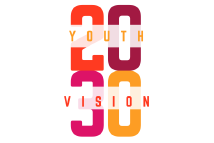Description
COLLABORATION WITH THE EUROPEAN PROJECT CCINDLE FOR THE DESIGN AND ORGANISATION OF “FEMINIST DEMOCRACY LABS” WITH STUDENTS
Notus collaborates with the Complutense University of Madrid (UCM) in the European project CCINDLE, funded by the Horizon Europe programme of the European Commission. The project is led by Radboud University.
Notus collaborates with CCINDLE on feminist democracy, through the so-called ‘feminist democracy labs’, designed to deliberate on the challenges for gender equality in the Spanish context and to gather proposals from students to address these challenges.
The feminist democracy labs are participatory spaces meant for the debate between project researchers and different groups of people (social movements, institutional actors), designed to discuss issues related to the challenges faced by gender equality in the current social-political context — especially the challenge posed by anti-gender groups — and how to respond to these challenges from feminisms. Notus specifically collaborates in the workshops or laboratories aimed at students, which complement those carried out with other institutional actors, such as those organised last October with female members of Congress.
The aim is to identify the main obstacles for the advancement of inclusive and feminist policies in the university, and to collectively reflect on what feminist responses there are from different groups to such challenges, including the challenge of active opposition against equality from so-called “anti-gender” actors. The results will be systematised, so that a report with the proposals will be submitted to the university’s decision-making bodies, as well as contributing to the final global report produced as part of the project deliverables with the results of all the activities carried out in the different countries.





